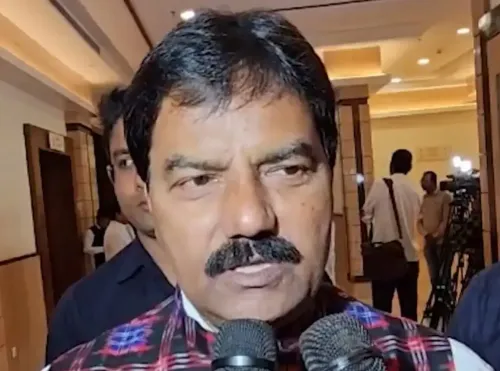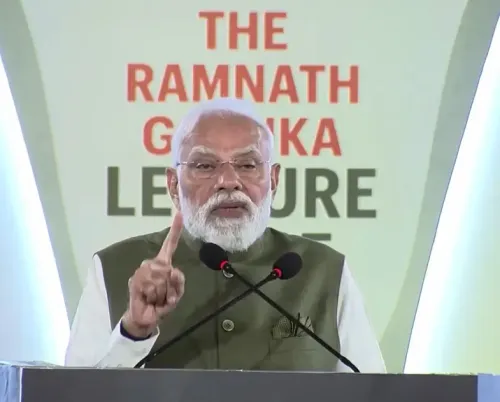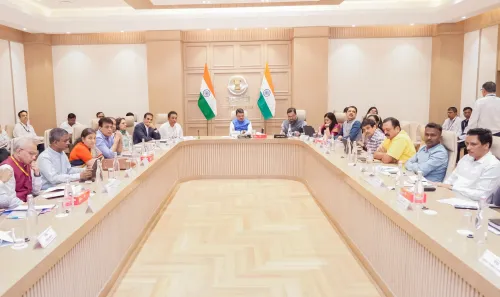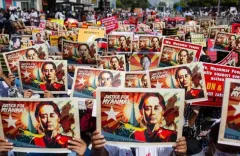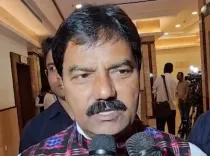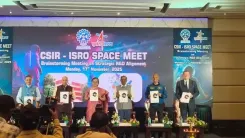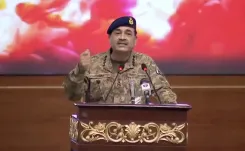Will the SC Push the Centre for a Lasting Solution to Delhi-NCR's Pollution?
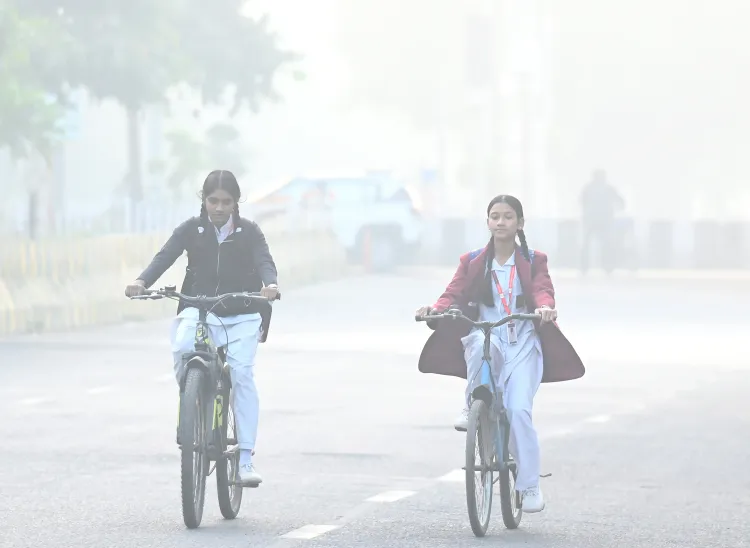
Synopsis
Key Takeaways
- Supreme Court demands a long-term pollution strategy.
- Short-term solutions are deemed insufficient for Delhi-NCR.
- The need for expert-backed initiatives is emphasized.
- Impact on livelihoods must be considered in decision making.
- Next hearing is set for November 19.
New Delhi, Nov 17 (NationPress) The Supreme Court directed the Centre on Monday to develop a comprehensive, long-term strategy aimed at addressing the persistent air quality crisis in Delhi-NCR.
A panel led by Chief Justice of India (CJI) B.R. Gavai instructed the Union Ministry of Environment, Forest and Climate Change (MoEF&CC) and the Delhi government to submit a thorough plan, emphasizing that short-term solutions are not viable for the national Capital during the winter months.
"Suggestions are welcome, but they must not be limited to a few days or weeks. We are in need of a long-term solution that gradually alleviates this problem every year," stated the Bench, which also included Justices K. Vinod Chandran and N.V. Anjaria, addressing Additional Solicitor General (ASG) Aishwarya Bhati.
During the proceedings, the apex court expressed reluctance to implement drastic measures such as an all-year ban on construction, noting the potential detrimental impact on livelihoods.
"We lack the expertise to determine which activities should cease entirely, as many people rely on these sectors for their livelihoods. We cannot focus solely on one aspect," the CJI Gavai-led Bench remarked.
Senior advocate Gopal Sankaranarayanan, representing intervenors, urged the court to consider emergency actions, stating: "Three out of ten fatalities in Delhi are linked to air pollution. A PM2.5 particle can permanently reside in a child's lungs. This situation demands severe measures."
Sankaranarayanan highlighted the necessity to activate the Graded Response Action Plan (GRAP) at significantly lower AQI levels and advocated for restrictions on construction.
Nevertheless, the CJI Gavai-led Bench reiterated that a total shutdown would paralyze the city.
"Then, even the courts would have to halt operations," the apex court noted, adding that it would refrain from issuing any "bold directives" without expert-supported solutions.
The Supreme Court also scheduled a follow-up hearing for November 19 and requested an affidavit from the Delhi government concerning the functionality and effectiveness of AQI monitoring equipment, in light of reports about water sprinkling near monitoring stations.
"Please present it by the day after tomorrow," directed the CJI Gavai-led Bench.

